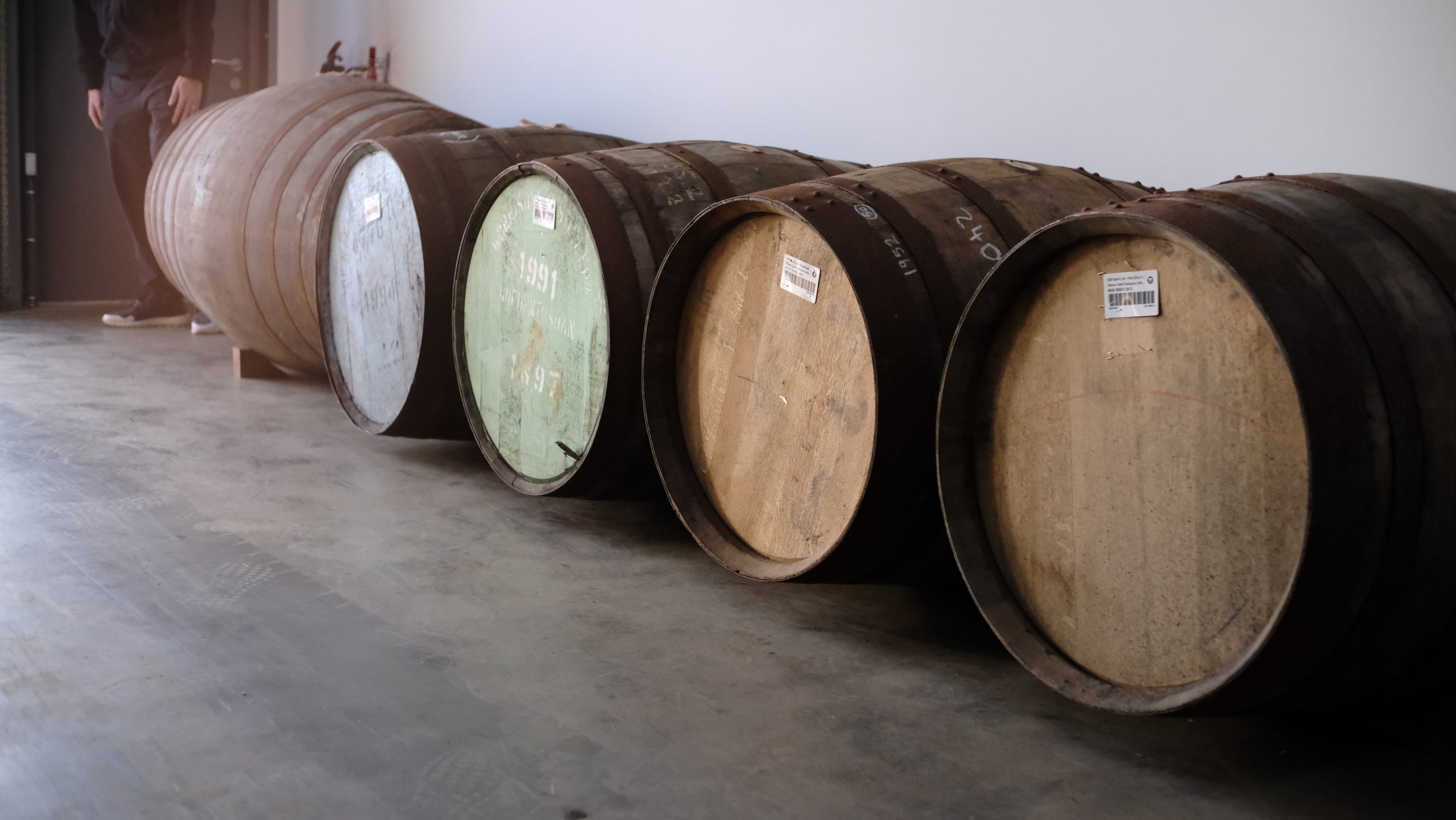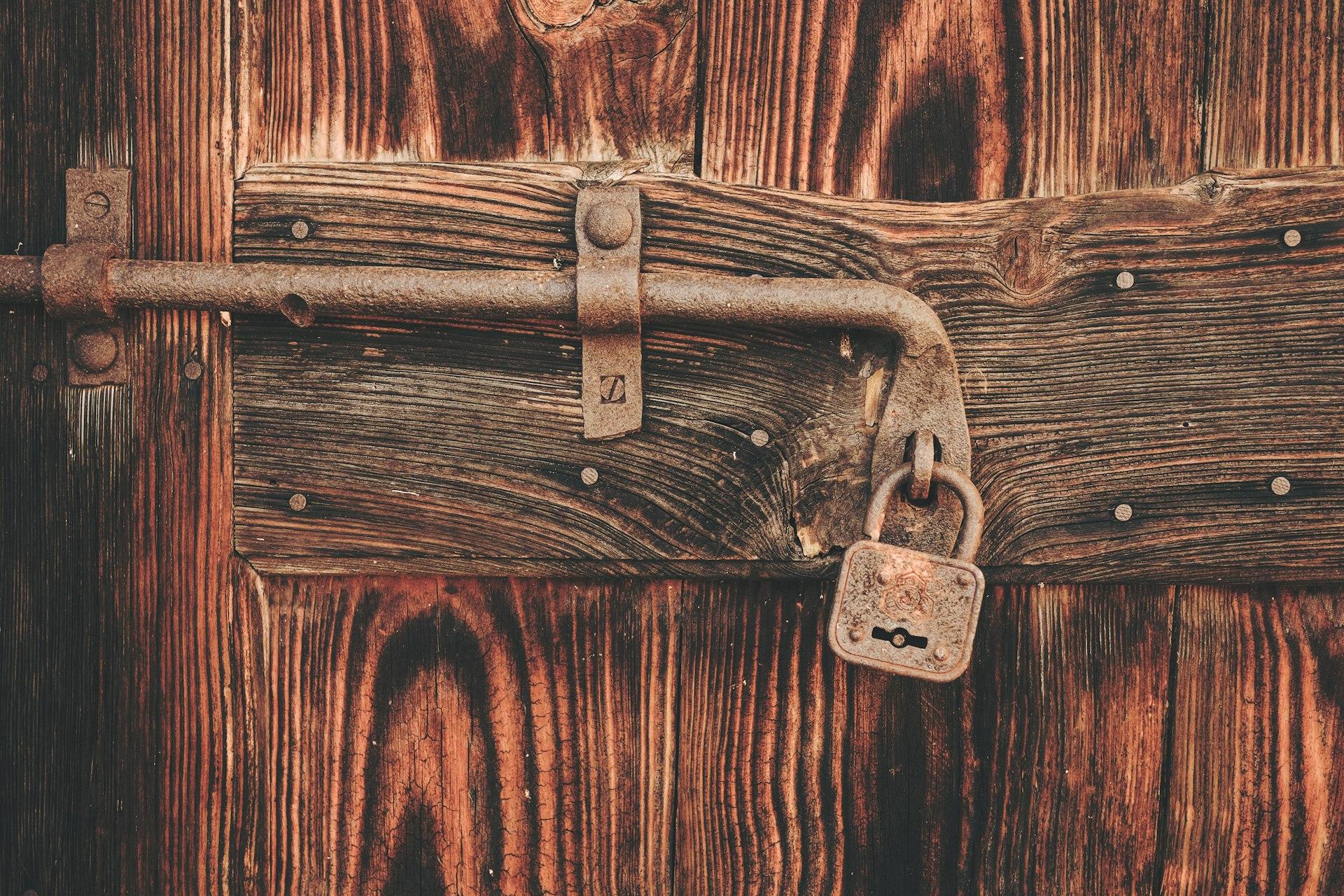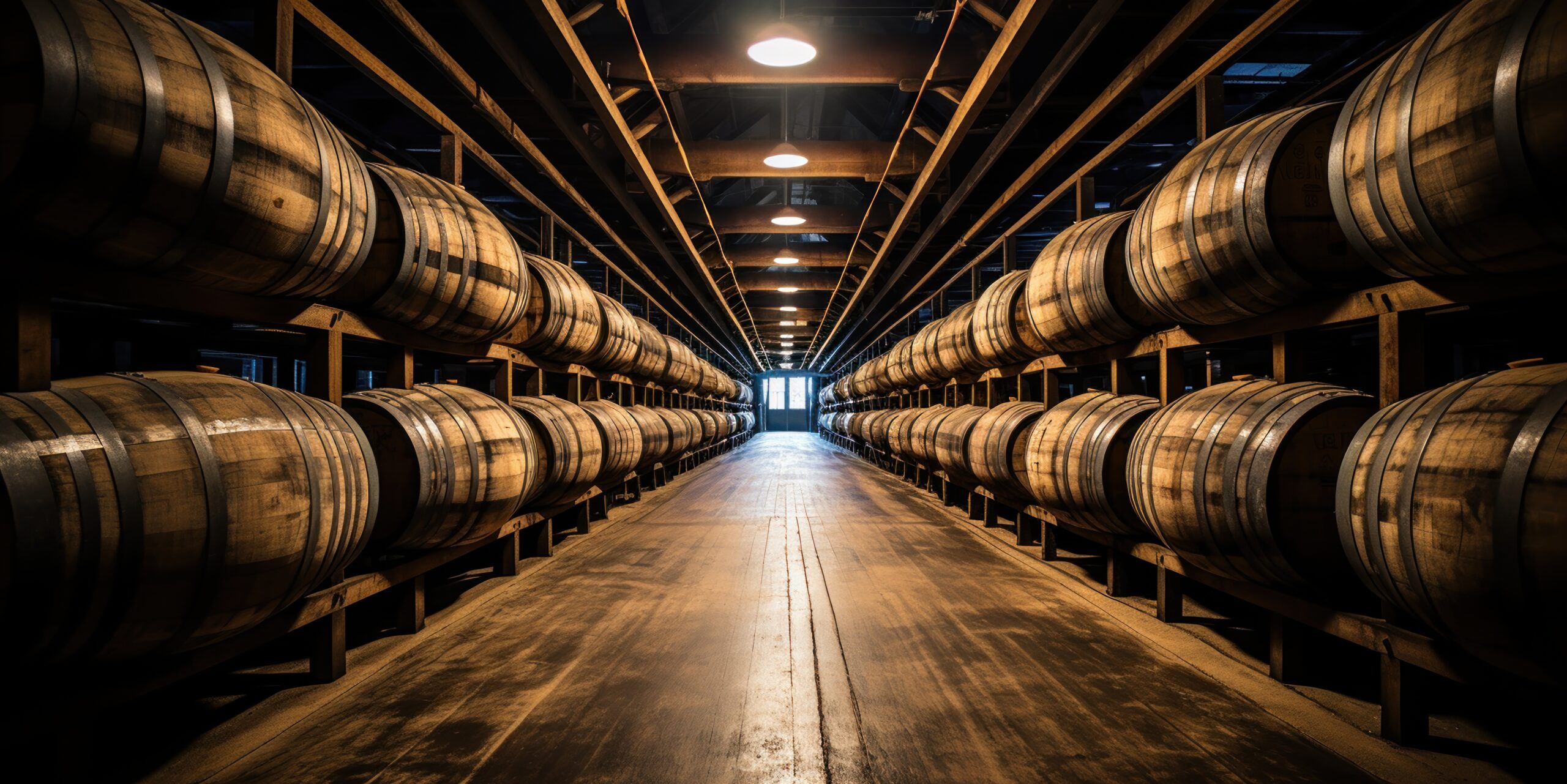The Uncomplicated Version
Buying a whisky cask should start with doing Due Diligence on your seller and understanding the reasons behind buying a cask (investment, bottling, both?). Selecting the cask that’s right for you should then be followed by some sort of agreement or contract, invoicing and payment settlement typically bank to bank. At this stage, all that remains outstanding is obtaining a signed warehouse Delivery Order from your seller finalising the transfer of the cask into your name. This last stage can take some time depending on whether your cask needs to be moved.
8 January 2025 – Whisky cask trading has been around for a long time and some of the processes may feel like they haven’t been updated since the very first trade. With that said, buying a cask of whisky is not a difficult process, but it does require some patience to be completed end-to-end.
Here is a step-by-step breakdown of what you can expect when buying a cask of whisky:
- Due diligence: As with any significant purchase, doing your research is of utmost importance. When doing your DD, it’s important that you get to know the brokerage that is offering you the cask(s), as well as how to analyze the information presented as part of the sales process for any given cask.
See “How to do Due Diligence for Whisky Casks” for a detailed explanation.
2. Cask selection: Perhaps this step is self-explanatory, but every cask is unique. Are you buying for investment? For bottling? For pure collection? As a hobby? Does it matter to you if you like the whisky in the cask? Do you mind paying a premium for certain characteristics? These, and more, are all important questions for you to answer for yourself before making any purchase.
See “How to Select the Right Cask for You”
3. Purchase Agreement (or equivalent): Once you’ve decided on a specific cask, you will have to countersign a Purchase Agreement that binds you to the terms of ownership, but even more importantly, binds the brokerage to you. It should outline the specific cask details, the after-sales services that the brokerage offers, any additional costs, and other terms and conditions. While it is important that you understand and commit to the sale once agreed, it is even more important that the brokerage commits to providing you with what you need and expect once the sale is complete.
4. Invoice: Once your Purchase Agreement is signed, the brokerage will invoice you for the cask. Many brokerages of Scotch whisky casks are invoiced in British pounds (GBP). As such, you will usually be quoted in GBP. You may, however, prefer to pay in a different currency. We recommend that you ask the brokerage to quote you a forex rate, but that you also compare that to your own rate at your bank to ensure you’re getting the best value for your money.
5. Payment: Once you’ve settled your payment, as with any transaction, you should receive a payment receipt.
Congratulations! You are now the official owner of your cask. But, there’s more.
The next steps happen behind the scenes, often involving third parties. It is at this point that your patience is (sometimes annoyingly) required.
6. Cask Movement: There are many bonded warehouses in Scotland that house casks of whisky. These warehouses are governed by the HMRC and are required to keep tabs on every cask in their possession. As such, the cask owner or your custodian – ie., the brokerage you’ve just bought from – requires a storage account at the warehouse.
In some cases, the cask you’ve just purchased will already be in a warehouse where the brokerage holds a storage account. In many cases, however, it won’t be. This requires that the cask is moved to a new facility where you or the brokerage has a storage account.
This can take a while!
Moving a cask is a physical process that involves a logistics company specializing in the movement of casks, insurance, paperwork, and often has to fit in with a movement schedule, which in some cases happens on a rotation or factors in batch movements of casks. There is no specific timeline for this process and it could take several weeks, if not more.
You are at this point waiting for your Delivery Order, which may feel like it is taking forever. Don’t worry! You are still the rightful owner of your cask at this time.
Find out more here
7. Delivery Order: Once your cask has landed at the inbound warehouse, a Delivery Order will be issued by the warehouse to you or the brokerage, ensuring that everything is internally logged and that the cask is now officially under your control.
8. Everything from this point forward is entirely in your control
Feel free to reach out to us here if you’d like to learn more or just simply want to talk to someone about cask ownership.



